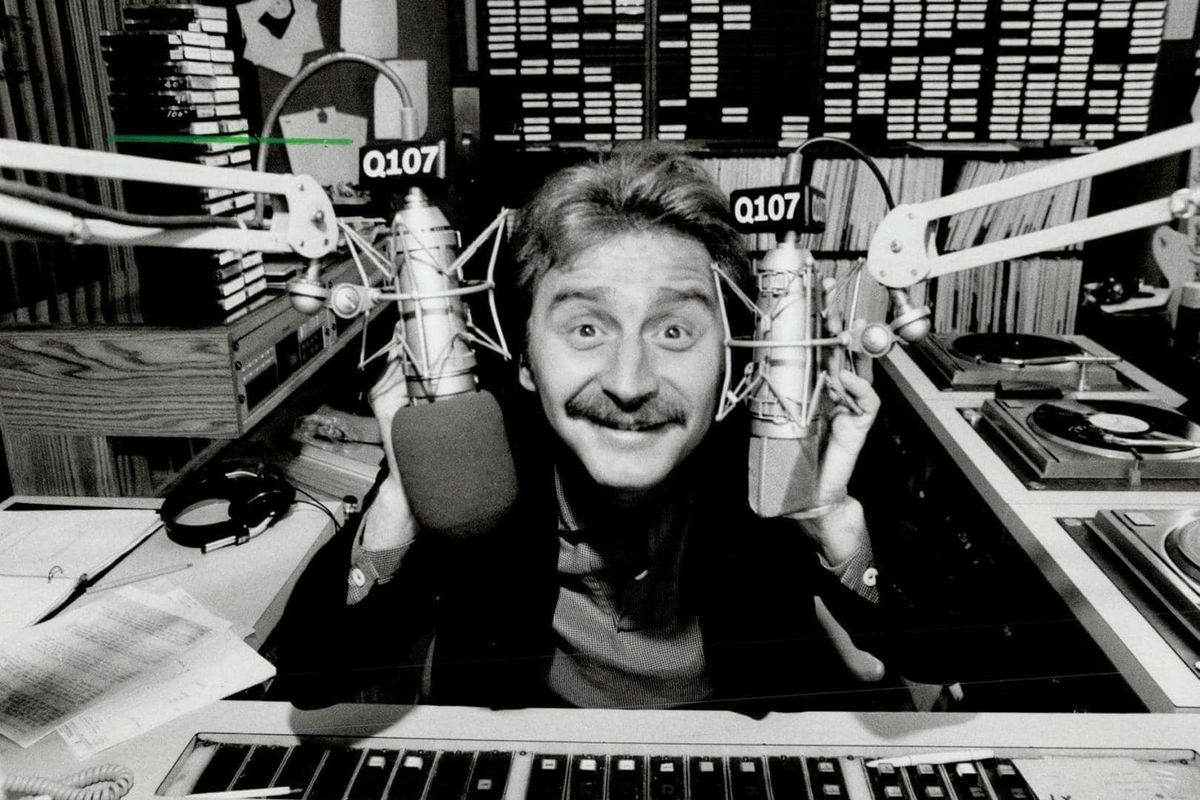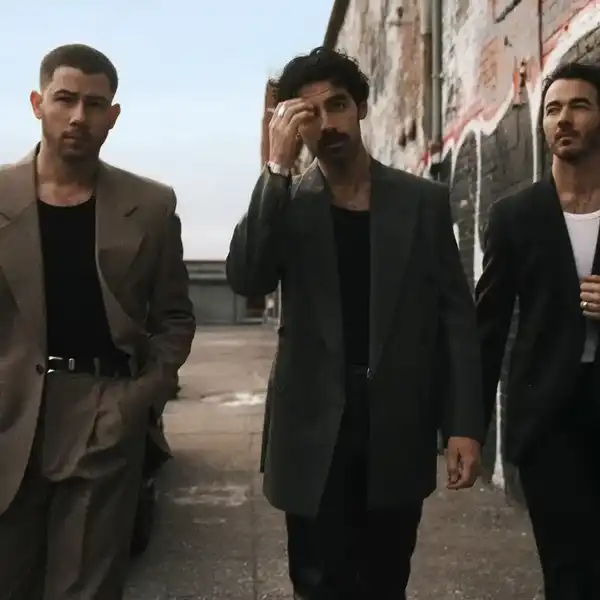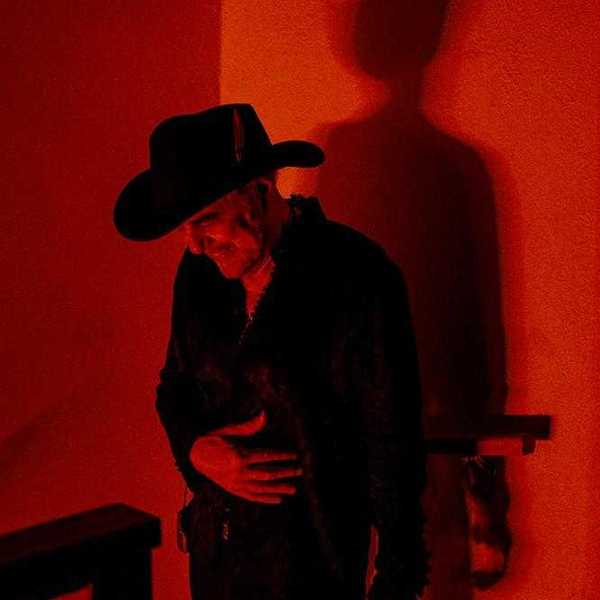Obituaries: Canadian Broadcaster Bob Mackowycz Sr. Was a Great Supporter of Music
This week we also acknowledge the passing of English pop singer Colin Gibb, Pink Floyd engineer Brian Humphries and New Zealand jazz luminary Rodger Fox.

Bob Mackowycz
Bob Mackowycz Sr., a Toronto broadcaster and author best known for his work on Q-107, died on May 30, at age 75, after a sudden and unexpected illness.
A Canadian Press obituary says that "Mackowycz's visionary programming injected a certain artistic flair into Toronto’s cultural scene,” which is easy to measure.
Mackowycz began his radio career at Toronto rock station Q107 (CILQ-FM) during its first broadcast year in 1977. He started with a daily roundup of local arts events, Street Beat, then progressed to a weeknight series Six O’Clock Rock Report, a news journal that had a major impact.
He is credited with creating the Psychedelic Sunday feature, an audience favourite that lasted three decades, until it concluded in 2018, with Andy Frost hosting.
After being promoted to program director in 1987, Mackowycz left the station that same year to work for Standard Broadcasting, joining CKFM in 1988. He later took on leadership positions at CFRB and The Fan 590 (CJCL-AM).
He also worked on the application to bring Sirius satellite radio to Canada. Radio consultant David Bray told Broadcast Dialogue he joined his friend to draft the regulatory application. "Some musicians joined their case, Bray said, including Jeff Healey, who appeared before the CRTC to support the idea."
During a stint in Washington, D.C., Mackowycz served as the program director of SiriusXM’s USA Today channel. He eventually became a programming consultant and subsequently a co-owner of Shore 104 (CHLG-FM) Vancouver, which was sold to Astral Media in 2012.
In 1988, Mackowycz also co-authored Dream Tower: The Life and Legacy of Rochdale College, exploring the history of the controversial experimental student-run alternative education and co-operative living venture in downtown Toronto in the late 1960s and early ’70s. The book spawned a National Film Board (NFB) documentary in 1994
Mackowycz’s son, Bob Mackowycz, Jr., has also gone on to pursue a notable career in broadcasting, at TSN, CFRB, CBC Radio and CBC TV.
On X, he offered this tribute to his father: "Thank you all for your kind words about my dad, Bob Sr. He was a generational thinker, and a very kind, warm and generous man. He is my hero. We will really miss him. He truly lived a wonderful life."
As word of Mackowycz's passing spread, his music and radio industry comrades were quick to pay homage to the man they affectionately dubbed 'Macko.'
His former boss, Gary Slaight, offered this tribute to Billboard Canada: "Bob was for sure one of a kind..one of the smartest people I knew…with a great sense of humour added..and a large compassion for other people. I was fortunate enough to work with JAWS…[my nickname for him] for many years at Q107 and then persuaded him to come work with me at Standard where he showed his talents at both 99.9 and CFRB…a brilliant adio person and wonderful person."
On Sunday evening, at the Billboard Canada Power Players event at the CN Tower, Slaight called for a moment of silence for Mackowycz. The fact that the chatty industry crowd there complied testifies to their respect for the late broadcaster.
On Facebook, veteran Toronto music publicist Joanne Smale posted this: "Have to honour Bob Mackowycz Sr, Macko, in his passing. He too was a musical artist in his ways of supporting musicians, playing them, writing about them and attending so many of their gigs. He spread the news on-air. A force to be reckoned with. A great supporter of music. His instrument was the radio."
Noted Toronto music promoter Gary Topp offered this homage on Facebook: "When I met Bob Mackowycz around 1978, he worked at Q107. He was the only person there who wasn’t musically brain dead, one of the few media members in Toronto who got what was coming. Although he wasn’t 100% on the Ramones at first, he did see the future of music and covered it thoughtfully on his nightly, and very influential, program.
"He pushed me to have my own show, The Edge of Morning, which was despised by Q stalwarts who wanted Zeppelin over Pere Ubu. The last time I spoke to Bob was many years ago. He was working at The Fan 590. I called him to congratulate him for programming some of the best music clips on the airwaves. He put some umphhh into talk radio, the practice which is now a standard. Bobby was a force in broadcasting and those who knew him, I’m sure, would agree. He frequented The Edge, black sweater and all, towing along his boss (also a Gary) who, at the time, refused to play AC/DC. The conversations we would have! Thank you Macko, you were appreciated."
Larry LeBlanc, senior editor of CelebrityAccess, tells Billboard Canada that "Bob was a scholar fascinated with rock and roll and its lifestyle. We worked together at Q107 after it launched and in many ways that was his golden age though he went on to more significant broadcasting jobs afterwards."
Broadcast consultant David Bray tells Broadcast Dialogue that "Bob is a radio legend, but also one of the best human beings I’ve ever known. It was an honour to call him my friend.”
In a post on X, veteran radio personality Jeff Woods called Mackowycz "My single greatest inspiration to do radio. And the man who’d give me my first shot in Toronto at Yonge and Bloor. Nobody did it better than Macko.”
Former Q-107 personality Joey “Vendetta” Scoleri (now a Live Nation executive) contacted Billboard Canada, enclosing a letter from Mackowycz that launched Scoleri's career, offering him a spot in the music department of Q-107. "Bob sent me this in July 1987, while I was still in Ryerson. I quit school to take a job at Q107. I like to say, I think I made the most of the opportunity. Bob was a kind, smart, funny man and he gave me my start along with the foundation on how you treated people and behaved like a pro while still being a human being. There will be a celebration of life at some point. I’m in touch with his son and wife."
International
Rodger Fox, a New Zealand jazz trombonist and bandleader, died on May 27, at age 71.
The Big Idea website notes that “Fox’s contribution to jazz and big band music in Aotearoa is legendary, his passion infectious and his legacy undeniable. Veteran NZ music journalist Graham Reid posted on social media that Fox's passing "leaves a chasm", stating "He was more than a jazz musician, he was a promoter, entrepreneur, advocate, teacher, mentor and enthusiast. He took NZ musicians overseas and brought big jazz names here."
Best known for founding the Rodger Fox Big Band in Wellington in 1973, he toured extensively and regularly throughout NZ and overseas, leading the way as the country's leading trombonist. He was also prolific in his recording output, with almost 40 albums released over the past 50 years.
His band performed at the iconic Montreux Jazz Festival in 1980, the first-ever NZ band invited to play at an international jazz festival. Another career highlight came whe American saxophonist Michael Brecker helped celebrate the Rodger Fox Big Band's 30th anniversary.
Read more in this Audioculture profile.
Colin Gibb, singer and a core member of British novelty pop band Black Lace, has died, aged 70.
He had announced his retirement last month.
Gibb joined Black Lace in 1976, and the group recorded their debut single, "Mary Ann," in 1979. The Guardian obituary notes that "the bright, closely harmonised track was selected as the UK’s Eurovision song contest entry that year, with the band finishing seventh, but just missed out on the UK Top 40. In 1981, the quartet split, leaving Gibb and Alan Barton to carry on as a duo.
"Cheerfully unfashionable and informed by the crowd-pleasing sounds of glam rock and Euro-disco, this incarnation of Black Lace found vast success. Aside from an ode to group sex called 'Gang Bang,' their songs appealed across generations thanks to their singalong choruses and simple dance moves. "
Black Lace's first chart hit, "Superman," came out in 1983, followed a year later by their biggest hit, "Agadoo," a cover version of an earlier Europop hit – which reached No 2 in the UK and spent 35 weeks on the charts, and found success across Europe. They returned to the UK Top 10 with their next single, "Do the Conga," followed by minor hit cover songs like "I Am the Music Man," "Hokey Cokey" and the Sweet’s glam classic "Wig-Wam Bam."
Brian Humphries, an English record engineer who worked extensively with Pink Floyd, died on May 30. His age and a cause of death have not been reported.
The pinkfloydz.com site reported that "Humphries had an impressive career, having worked with renowned bands like Free and Traffic before dedicating his talents exclusively to Pink Floyd.
"Having first worked with the band on Ummagumma, Zabriskie Point and More in 1969, he went on to engineer the Wish You Were Here and Animals albums and played a crucial role in overseeing Britannia Row Studios in the late 1970s. Additionally, Brian served as the band’s front-of-house sound mixer during their tours in 1974, 1975, and 1977, where he also excelled as a tape effects technician."
The discography of notable British albums Humphries worked on in the late '60s and early '70s is indeed impressive. Besides Traffic and Free, that list includes work by The Kinks, The Move, Black Sabbath, The Spencer Davis Group, Spooky Tooth, Jim Capaldi, East of Eden and Patto. He later worked with Squeeze, The Damned, Mott the Hoople and Steve Winwood.

















